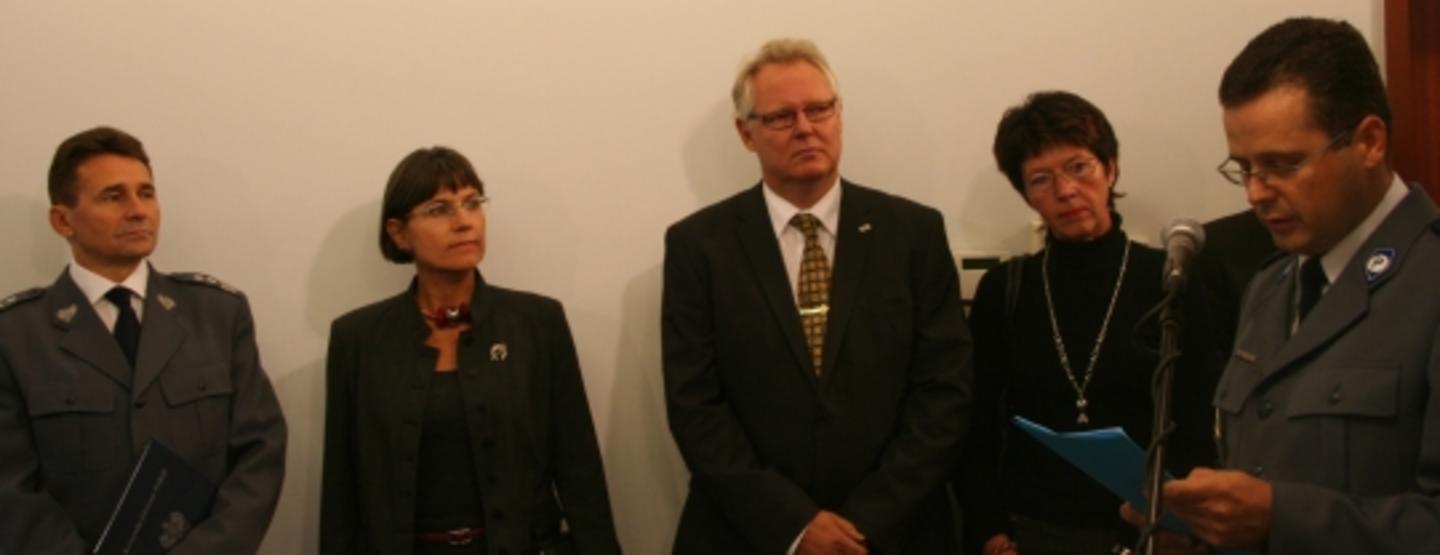After Poland's accession to the EU, its border became one of the longest stretches of external land border guarded by a single member state. Through collaborative efforts with Norwegian police, an €8.8 million project will now provide police units located near the eastern and northern border of Poland with modern equipment and technology to improve border controls. The project will enable the police to purchase state-of-the-art vehicles and technology, including off-road scooters and cars with mobile terminals, sea patrolling vessels, prison vans and buses, mobile command stations and vehicle stopping nets.
Speaking at the project's launch event in Warsaw 16 September 2008, commander in chief of the Polish police Mr Andrzej Matejuk underlined that the funds will supply the Polish police with much-needed resources. "I am certain that this equipment will contribute to a more efficient fight against crime," said Matejuk.
The project is one of several Polish-Norwegian partnership projects targeting Schengen cooperation, and according to Matejuk, the bilateral police cooperation is highly appreciated. Margrethe Christine Bjonge, head of the Norwegian police's project for cooperation under the Norway Grants is also pleased with how the partnerships are coming along. "As crime gets more and more sophisticated, it is crucial that the police are adequately equipped. Criminals of today know no borders, so it is equally crucial that the international police cooperation works," she said.
Around 15% of the Norway Grants are earmarked projects to promote the implementation of the Schengen agreement. So far, Norwegian support to strengthen the capacity of police- and custom authorities in Poland amounts to more than €80 million. The Norwegian police is an active participant and partner in six of these projects.
